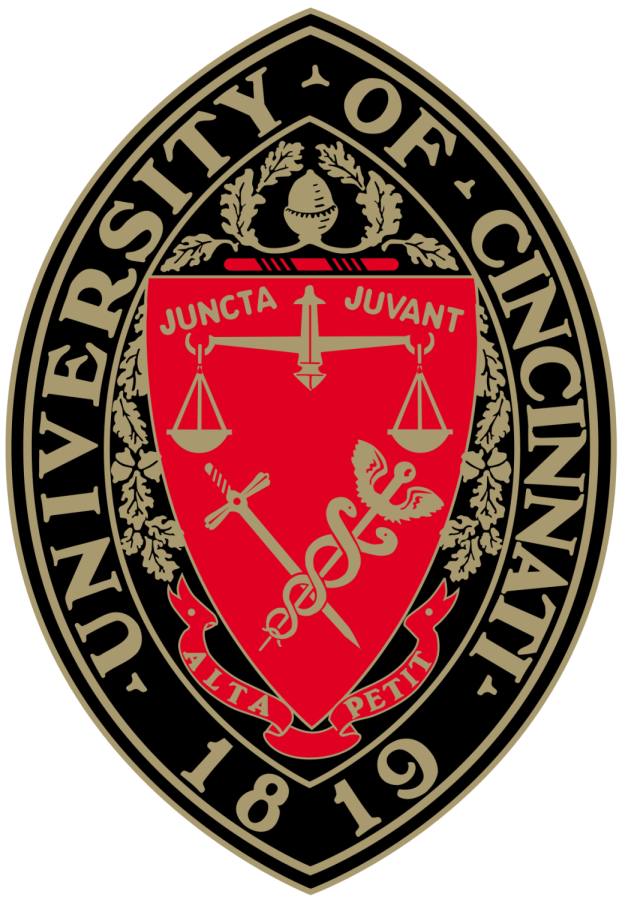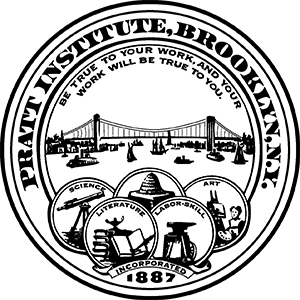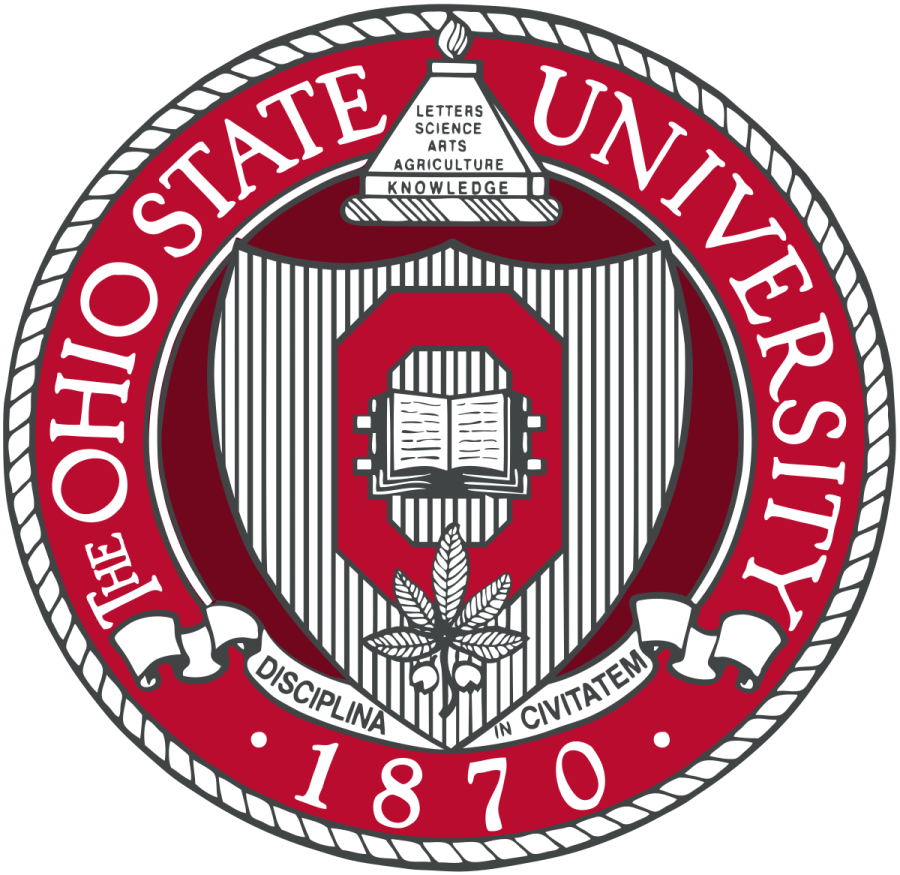Compiled by Holly Dayton ‘13, Lens Section Editor
Every year, the Scroll runs a series of college essays written by the graduating seniors. This year’s seniors are a very talented class who are leaving CCDS to go to colleges all over the country. This is the college entrance essay of Amar Mehta, who will be enrolled in Vanderbilt University this coming fall.
People say having someone close to you die is a life changing experience which is never forgotten. I believe that this is true, but what about someone you don’t know? For the first time this past summer, I witnessed a man die in front of me, in a hospital emergency room. I didn’t know him, his family, why he came to the hospital, or what he did for a living. I didn’t even know his name. But that death changed me in a way I will never forget.
This all began when I had the opportunity to participate in the Health Care Explorations Program at the University Of Cincinnati College Of Medicine. I have always had an interest in the field of medicine, and this program offered me the experience to see if this is what I would enjoy doing as a career. I learned different subjects in medicine and the practical aspects of how physicians treat, and care for patients. My most memorable experience was when I shadowed physicians in the emergency room. Medical students told me how this experience could truly be one of a kind. Wow, were they right!
One day, a man arrived to the emergency room after suffering multiple stab wounds. You see this on television, but it is completely different when you see this firsthand. The physician immediately began placing dressings on the patient’s open wounds and injecting medications through tubes placed into the patient’s skin. Blood was everywhere, pulsating from his wounds on his neck, chest, and abdomen. The patient was yelling for pain medication. I watched the entire team of physicians, nurses and staff work together to help this man. The surgeon then stitched his wounds. Everyone seemed like they knew exactly what to do. I could just stand still, as I was still in shock at what I saw. I wasn’t expecting what happened next.
I heard the physicians say he was stable. Then, it happened. I heard alarms go off, as I saw the patient develop a faint heartbeat and slowly stop breathing. The room quickly filled again with doctors and nurses. All of them had different jobs. The physician put a tube into his lungs, while the nurses were instructed to put in more tubes for fluids. Suddenly, the patient’s heart stopped. The monitor attached to him showed a flat line. The room erupted into an orderly chaos. I stood there watching, not knowing what to do. The doctor took a scalpel and cut off the patient’s clothes. Then, the nurse attached two paddles to the patient’s chest. “1, 2, 3 clear!” yelled a doctor. The patient’s body jerked up into the air and landed back down with a heavy thud. “Increase the voltage! 1, 2, 3 clear!” yelled the doctor once more. The body jerked again. Then, after, what seemed an eternity, he looked at the clock on the wall. He said he was calling it. “Time of death is 10:37 am”. I had just witnessed a man pass away.
The doctors and nurses left the room. I was alone in a room with a dead body. I couldn’t stop staring at his chest. Not seeing his chest rise and fall with each breath made me feel weak. I was amazed by the stillness of the man’s body. I had to leave the room, unable to believe what I had just seen. I got a drink of water and sat down in the waiting room.
Later that afternoon, I went up to the physician I was shadowing and thanked him for giving me the opportunity to work with him. After the experience in the emergency room, he asked me if I still wanted to become a doctor. I replied confidently, “Of course I do.” Watching physicians do everything possible to save the life of a stranger gave me a different outlook on the career of medicine and myself. I realized whether you know a patient for minutes, hours, or days, a unique relationship is formed between the physician and patient. Making a difference in that amount of time is essential, not only for the patient, but for the physician as well. One day, I want to make that difference.
HJM








